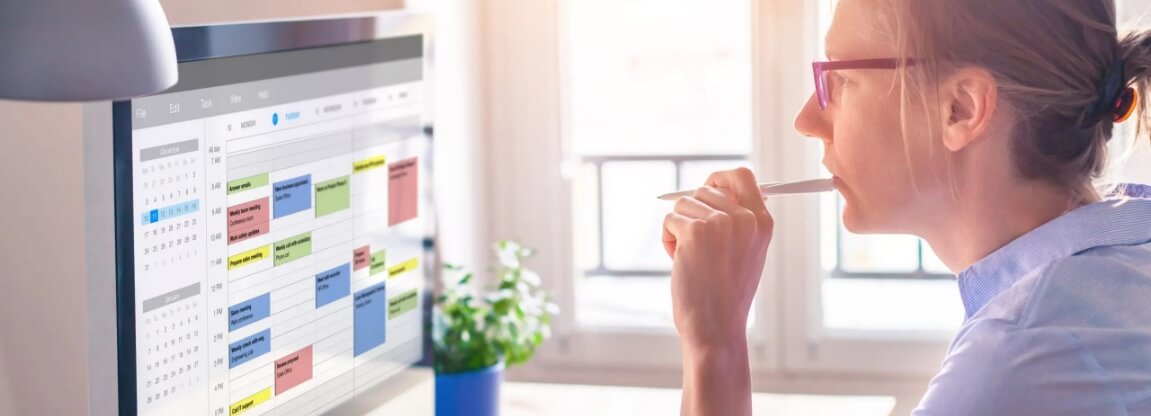a Slow Computer? Try our Troubleshooting Tips!
Trouble Shooting Tips for Slow Computer
a Slow Computer? Try our Troubleshooting Tips!


Dealing with a sluggish computer can be a frustrating experience, but there are ways to diagnose and address this common issue. If you're short on time for professional repairs in Adelaide, there are steps you can take to improve your system's speed and performance yourself. For those who don't want to risk data loss, we recommend consulting an expert.
Effective Strategies to Enhance Computer Speed
Rebooting your computer alone won't fix long term performance issues. If you notice system slowdowns or crashes when multitasking, consider the following techniques:


Keep Your System Updated:
Ensuring your computer runs the latest updates is crucial for optimal performance. While Windows 10 and upwards often handles updates automatically, manual checks can ensure you're not missing out on critical patches that fix slow performance or bugs.
Uninstall Unused Programs:
New PCs often come pre-loaded with software you might never use, some of which can run in the background and slow your system down. To remove them, go to "Start," then "Control Panel," and choose "Programs and Features." From there, you can uninstall unnecessary applications.
Use Anti-Virus Software:
Malware can be a hidden cause of poor performance. Protect your computer by using and regularly updating anti-virus software. For instance, Windows Security in Windows 11 provides comprehensive scanning for malware and other threats.
Check Browser and Add-ons:
Ensure you're running the latest version of your web browser and remove unnecessary extensions to enhance speed. You can manage add-ons via the browser settings.
Increase Hard Disk Storage:
Limited disk space can slow your computer, particularly during high-storage activities like video recording or gaming. Investing in drives with larger capacities, ideally over one terabyte, can alleviate this issue.
Physical Cleaning:
Dust accumulation inside your computer can impair air circulation and lead to overheating, causing performance issues. Use a vacuum to clean it out, but exercise caution and ensure the computer is turned off and disconnected before you begin.
Examine Hardware:
Persistent issues may point to hardware problems. Special diagnostic tools like Ultimate Boost CD (UBCD) can help identify if critical components like the motherboard or CPU are failing.
Final Thoughts


A slow computer can be an annoyance, but following these guidelines can help you identify and address the root causes. If issues persist, consider upgrading your hardware or seeking professional services such as those provided by IDSN.

